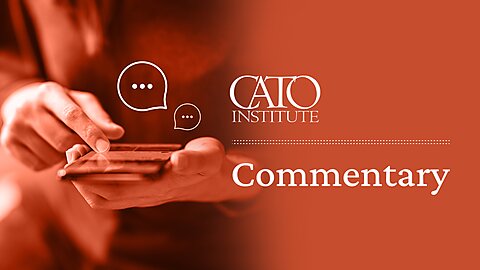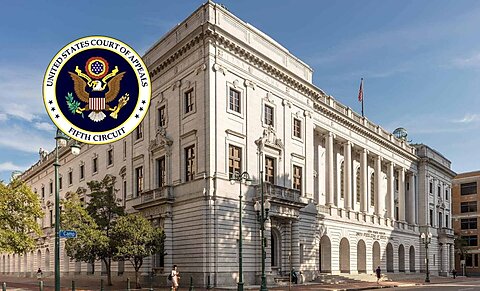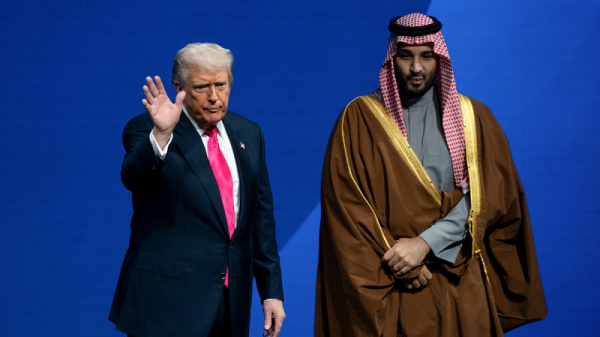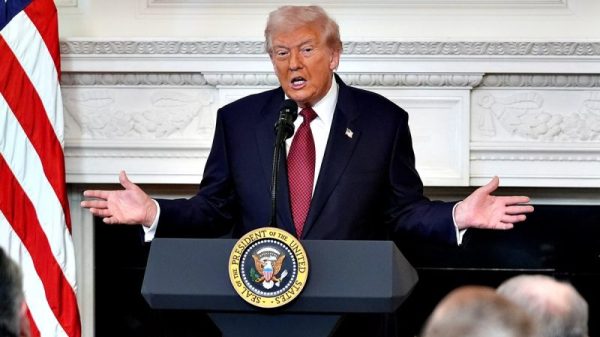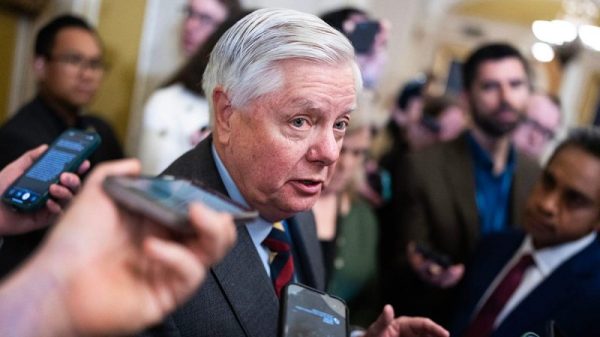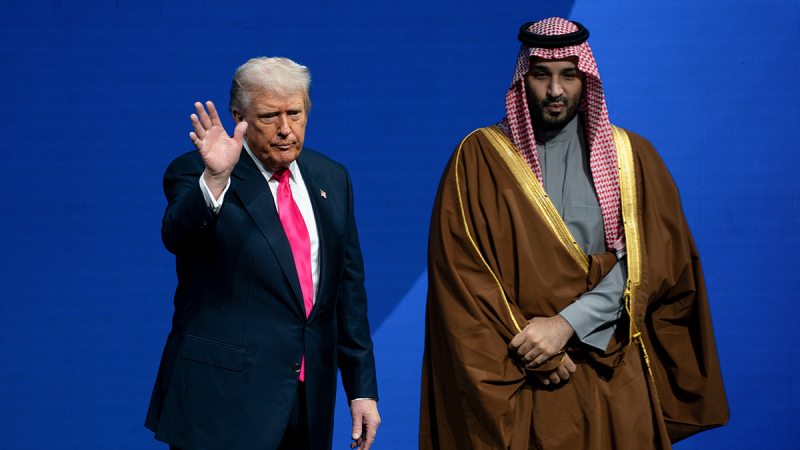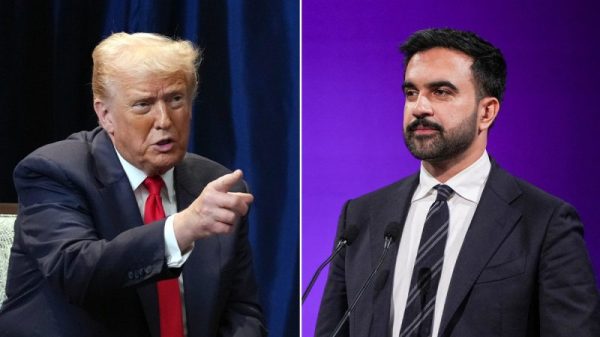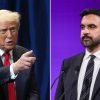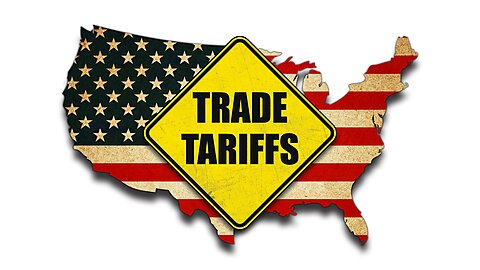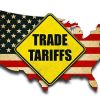President Donald Trump loves a deal and few partners have proven more willing or more powerful than Saudi Arabia.
This week, Saudi Arabia’s Crown Prince Mohammed bin Salman pledged to channel $1 trillion in investments from the oil-rich kingdom into the U.S.
Trump embraced the announcement as validation of his close ties with Riyadh and proof that international money is eager to flow back into the U.S. economy. Yet beneath the impressive headline figure lies a familiar reality: much of the promised investment exists only on paper, and experts caution that the actual cash flow could take years to materialize.
‘The term investment implies long-term capital, but in this case it really means purchases like aircraft, tanks, even computer chips,’ said Simon Henderson, a senior fellow at The Washington Institute for Near East Policy. ‘And those figures, $600 billion, a trillion, who really knows how accurate they are, or over what time frame?’
‘Perhaps the real story is that Saudi finances are in bad shape,’ added Henderson, who specializes in the Gulf region and energy policy. ‘Oil prices are too low, they need about $100 a barrel, and extravagant spending on prestige projects like The Line and NEOM are being scaled back.’
The Line is a proposed 105-mile car-free city and NEOM is a $500 billion futuristic mega-development on the Red Sea. Both are part of the crown prince’s ‘Vision 2030’ plan to diversify the kingdom’s economy beyond oil.
Others note that Saudi Arabia’s short-term fiscal strains don’t necessarily preclude large-scale investments over time.
‘It’s perfectly within the realm of possibilities that Saudi Arabia could make a $1 trillion investment into the United States over many years,’ explained E.J. Antoni, chief economist at the Heritage Foundation, citing the kingdom’s vast oil wealth and long-term economic ambitions.
Antoni noted that much depends on how such an investment ultimately takes shape. For now, the White House has offered few details about what exactly the Saudi funds would be directed toward or when they might arrive.
‘What does it look like in practice? It could take a whole host of different forms,’ he said. ‘We don’t know yet if this is going to look like an investment in infrastructure and even if it is, in what industry?’
He pointed to petrochemicals as one possible fit but said other sectors could also attract Saudi money.
‘In terms of beneficiaries, clearly you have the American taxpayer, who’s going to benefit from a larger economy,’ Antoni continued. ‘That broadens the tax base and reduces the overall tax burden on each individual. So that’s very, very positive.’
He added that while such deals can stimulate confidence and markets in the short term, their most meaningful returns often unfold over years, well beyond a single presidential term.
‘Most of what President Donald Trump has done is to accrue benefits that will not appear until after he has already left office,’ Antoni told Fox News Digital.
‘That’s not to say there are no initial gains, there clearly are. Every time another company announces more investment in the United States, it helps buoy the stock market, because equity prices are ultimately based on future earnings and those earnings rise when there’s additional investment coming.’
For now, the pledge bolsters Trump’s economic narrative but also sets up a long-term test of U.S.–Saudi relations, one whose true impact may not be clear for years.

